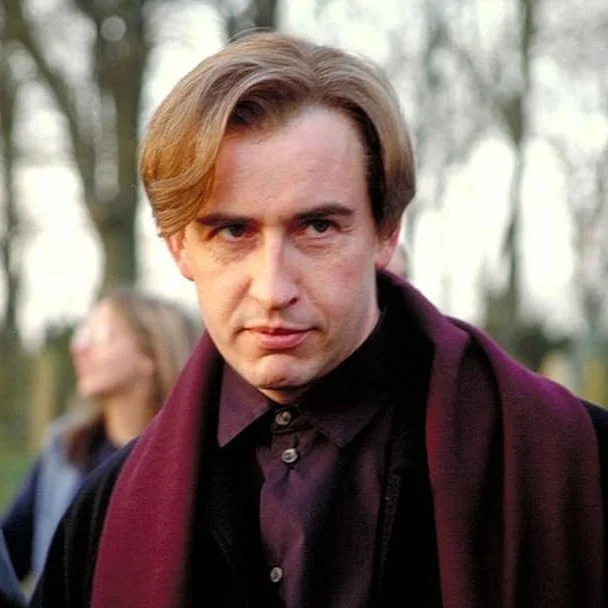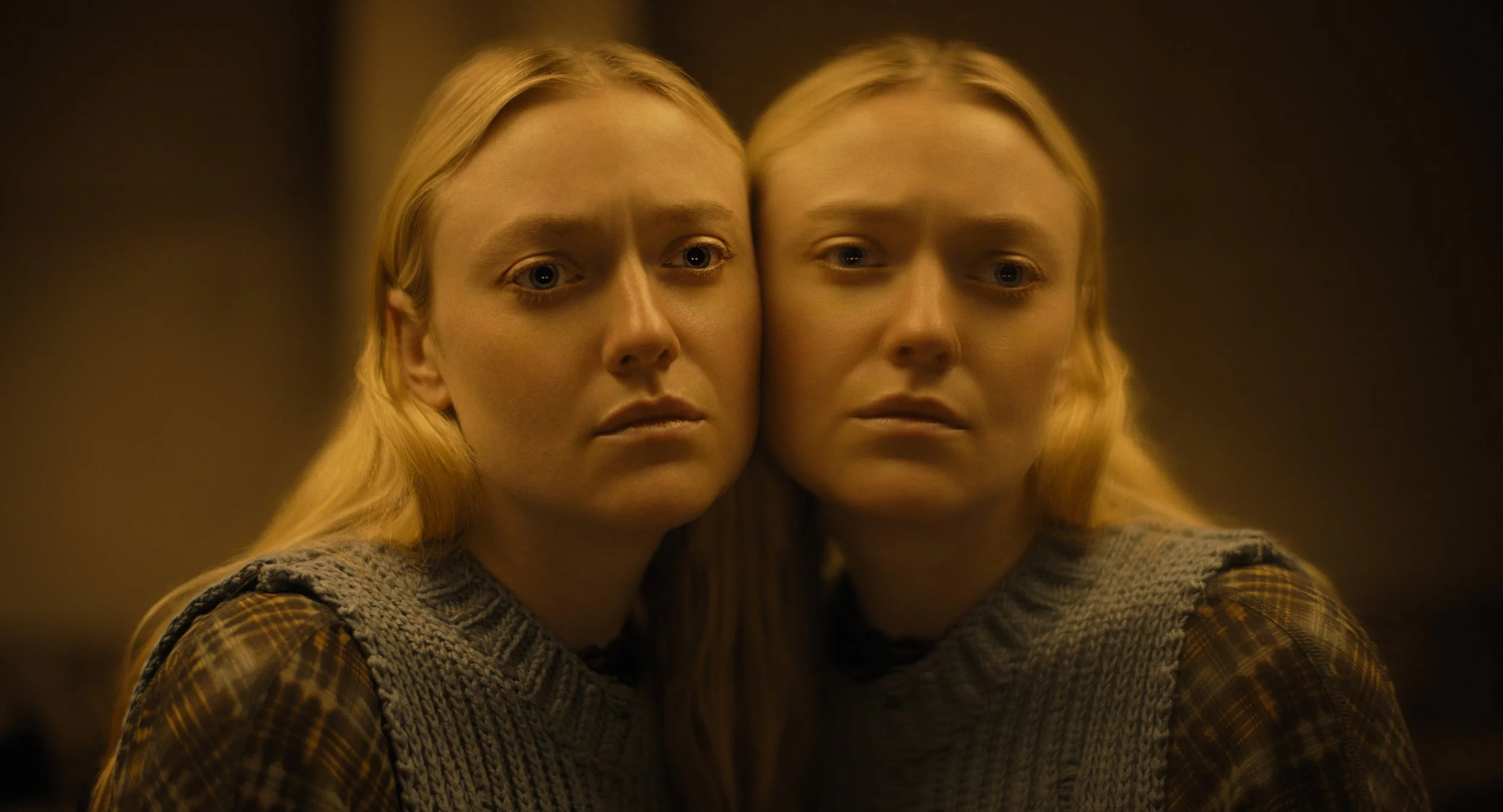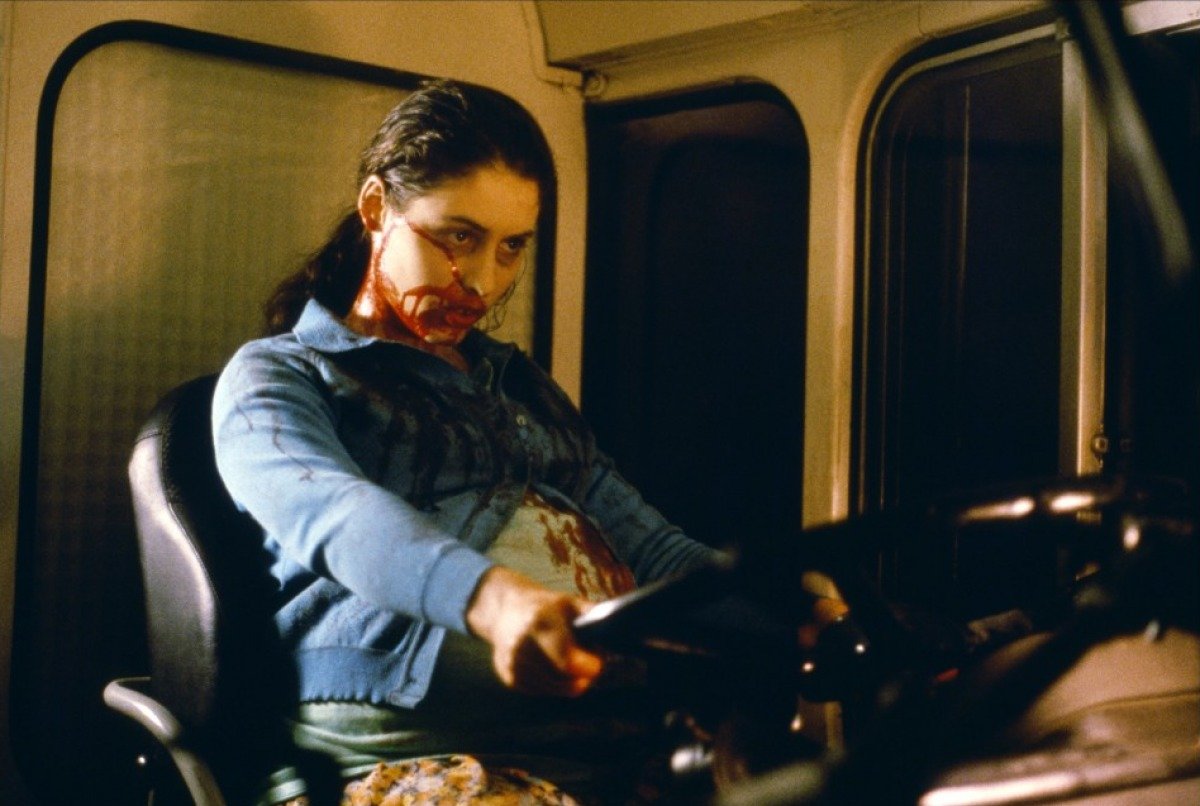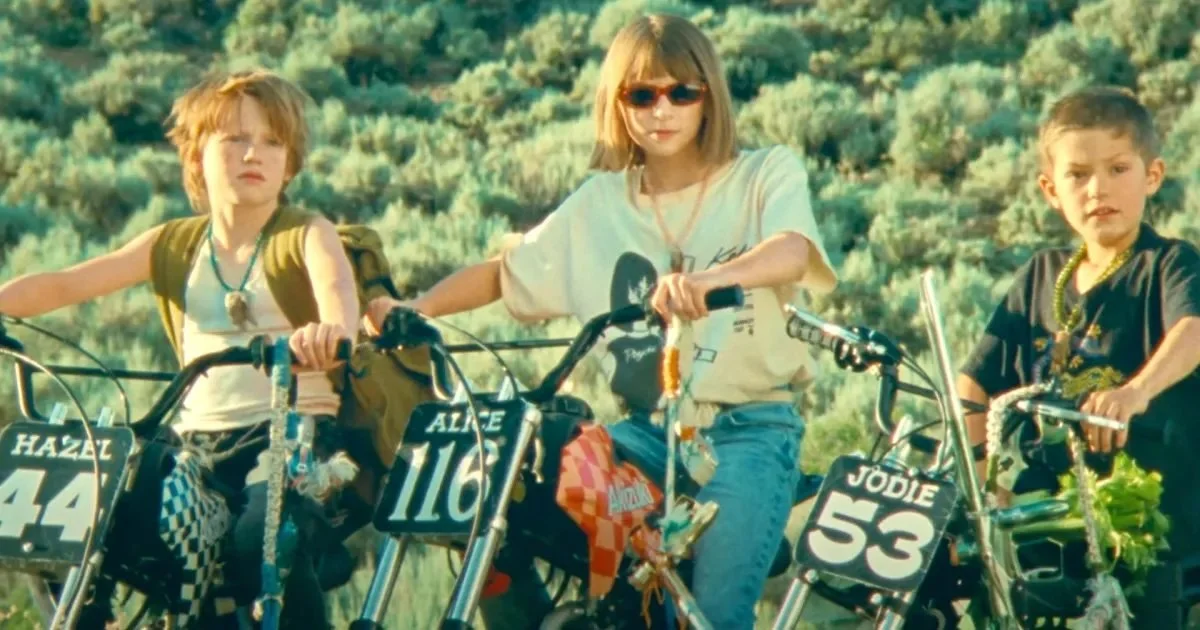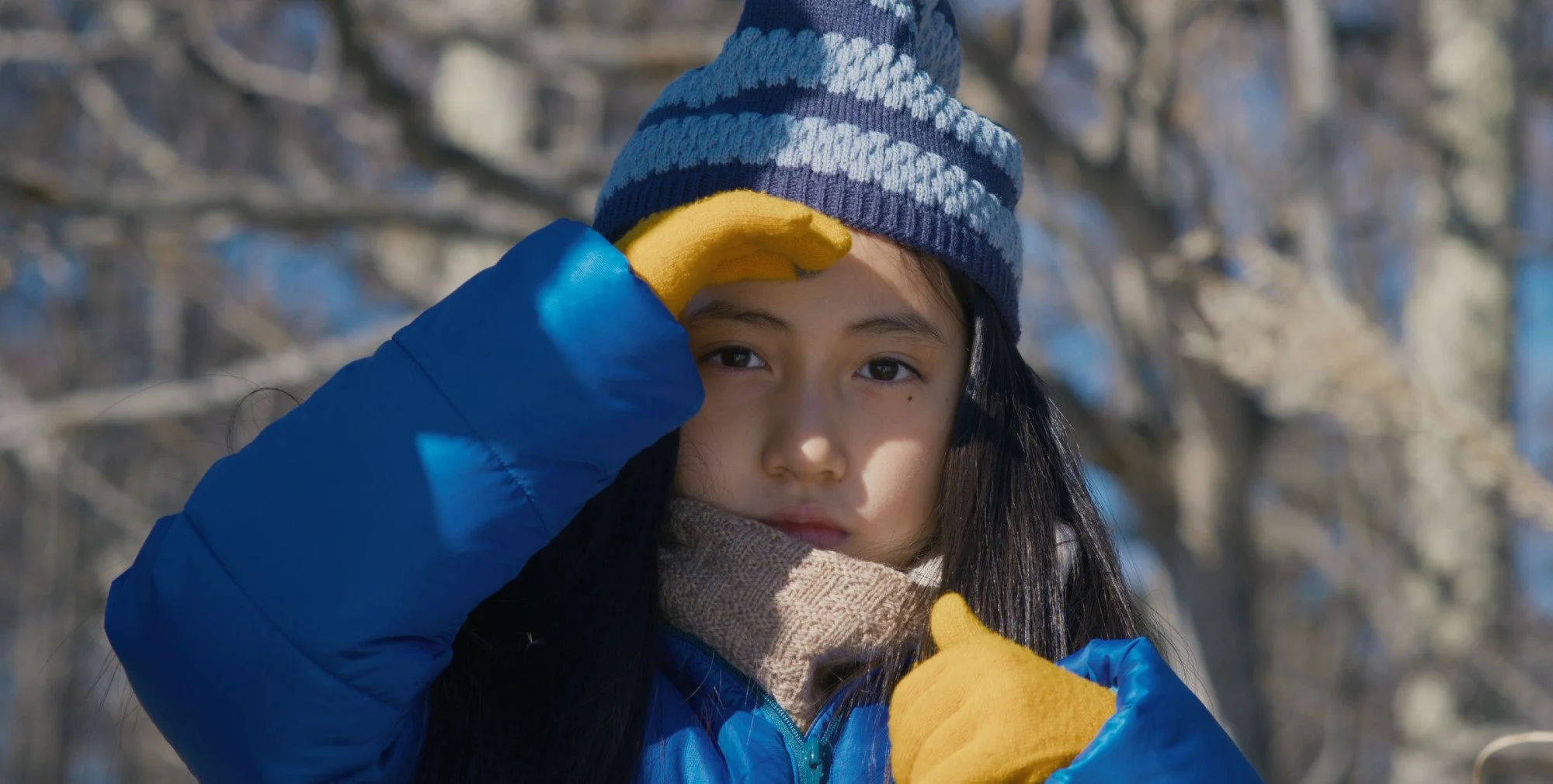In all of cinema’s short history, has there ever been another joke as filthy, funny, perverse – and of course, well-earned – as the canonization of John Waters? At this exact moment, you can go out and spend forty hard-earned dollars on a “culturally important” boutique Blu-ray of a film which concludes on a cross-dresser eating literal, actual dog turds. If there's a more beautiful representation of the lurking good taste which occasionally threatens to puncture the bubble of our stolid society, I've yet to see it. But then again, Pink Flamingos was never about good taste.
Read MoreA definitive ranking of every outfit Honey Kitsuragi wears in Hideakki Anno’s 2004 Cutie Honey adaptation.
Read MoreThis week in Austin screenings 6/7 - 6/13.
Read MoreA promising but flawed directorial debut from Ishana Night Shyamalan, The Watchers dazzles with its visuals but lacks the pacing and subtle writing needed to elevate it into greatness.
Read MoreAhead of her directorial debut The Watchers, we sat down with Ishana Night Shyamalan to talk about her influences, working with Dakota Fanning, and what’s missing in the modern horror genre.
Read MoreI had the pleasure of speaking with Sean about the process of making “Tennis, Oranges,” quiet spaces in LA Chinatown, and the power of saying as little as possible.
Read MoreLana Wilson’s new documentary, Look Into My Eyes, presents through juxtaposition of hurt and healing the film’s ethos: human is to be messy.
Read MoreThis week in Austin screenings 5/31-6/6.
Read MoreGeorge Miller and company’s Mad Max movies run on a variety of tensions, and from these tensions arises impeccably staged set pieces, striking character work, and narrative flexibility in the form of Furiosa: A Mad Max Saga.
Read MoreWhat if Terrence Malick (Days of Heaven, Knight of Cups) took on Friday the 13th? That conceit is the backbone of Chris Nash’s In A Violent Nature, which on paper comes across as a spiritual sequel to that one Saturday Night Live sketch of Wes Anderson making a home invasion horror movie. Pairing wistfully beautiful shots of the Canadian wilderness with over-the-top violence and gore, In A Violent Nature becomes just a bit more than Mad Libs creation.
Read MoreBaby Blood transgressively counters the ever so nauseating idealized, kitsch aesthetic of pregnancy that we are accustomed to. The kitsch aesthetic of pregnancy arises out of societal expectations of what a mother should be, transforming what is a neutral occurrence into a moral imperative. The horror aesthetic in Baby Blood turns these expectations on their head, creating a narrative that encourages the pregnant character to refuse all repressive expectations of motherhood and pregnancy she encounters.
Read MoreTime Passages is a deftly woven scrapbook and an act of mourning.
Read MoreThis week in Austin screenings 5/24 - 5/30.
Read MoreCome see Phantom of the Paradise with us at the Paramount Theatre on Sunday, May 25!
Read MoreMonkey Man is the kind of sincere, aesthetic, fun revenge story that anyone should be able to turn their brain off and enjoy.
Read MoreEmily Kassie and Julian Brave NoiseCat’s Sugarcane, which had its Texas premiere at the Austin Film Society’s Doc Days festival, takes a deeply personal approach to what could be a sensationalistic true-crime story.
Read MoreThe performances in The Fall Guy are great, but the real star of the show are the stunts.
Read MoreThis week in Austin screenings 5/17-5/23.
Read MoreWeston Razooli’s Riddle of Fire reimagines childhood with an eclectic daydream reverie of childhood fantasy, whimsical neo-fairy tale, and an infectious, rambunctious energy.
Read MoreFollowing the breakout success of his Oscar-winning Drive My Car, Ryûsuke Hamaguchi gained a larger audience: a Western one that was primed to see his vision expand, perhaps beyond the borders of his native Japan. But his followup, Evil Does Not Exist, instead remains within his present field of vision and becomes his most contained film to date.
Read More


